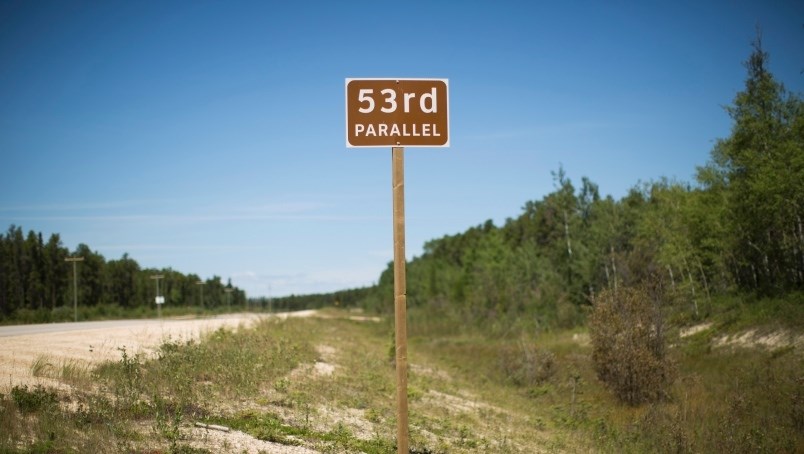Travel into northern Manitoba has been blocked once again by a public health order. The provincial government’s latest round of restrictions went into effect at 12:01 a.m. Friday morning, putting limits on travel into the north for the first time since June.
“The pandemic caused by the communicable disease known as COVID-19 is creating public health challenges in Manitoba that will continue to evolve and that require urgent action to protect the health and safety of people across Manitoba,” reads the first portion of the health order. The second portion states that the order was called because Dr. Brent Roussin, Manitoba’s chief provincial public health officer, determined the disease posed “a serious and immediate threat to public health” and the threat could not be “prevented, reduced or eliminated without taking special measures.”
The restrictions come with a long list of caveats, all specific to anyone not showing any symptoms of COVID-19.
Similar to the first set of northern travel restrictions earlier this year, a person living in northern Manitoba who is not showing COVID-19 symptoms can travel within the north or travel into southern Manitoba and back home, although non-essential travel is discouraged. There are no restrictions on travel throughout northern Manitoba for people already living in the north.
Someone moving to northern Manitoba is allowed to travel to the region. Workers for the provincial or federal government, including workers for Crown corporations like Manitoba Hydro, will be allowed to travel north, as well as health care workers or anyone travelling north for health purposes.
Teachers and educators heading north to teach, as well as anyone heading north to attend school or study, are covered under the restriction, as is anyone who owns, operates or works for a business considered an essential service. That includes mining, allowing workers at northern mine sites and camps to travel into the region as long as they present no COVID-19 symptoms.
People travelling north to facilitate a child custody agreement can do so under the bylaw, along with Child and Family Services workers. A person travelling north for a trial, such as a lawyer or judge, can travel into the region.
People can come north from the south to go to a cabin or camp, a provincial park or a hunting or fishing lodge provided they are asymptomatic, travel directly to their destination and limit their use of local services as much as possible.
Travel specifically into Churchill is permitted, as long as a person is not showing COVID-19 symptoms and they travel directly to the remote community.
No specific mention of travel from other provinces is mentioned in the health order. Manitoba currently allows all asymptomatic travellers from western Canada - B.C., Alberta and Saskatchewan - and from portions of northern Ontario to travel to the province without having to self-quarantine for two weeks. Travellers to the north from Yukon, the Northwest Territories or Nunavut also do not need to quarantine. Anyone who has been ordered to self-isolate upon arriving in a certain area - someone seeking to come to Flin Flon from Quebec or Atlantic Canada, for instance - must complete two weeks of self-isolation in an approved region before coming north.
A new portion of the rule comes on mask use. Under the new health order, anyone travelling to northern Manitoba on a “public conveyance” - a plane, bus, shuttle, passenger train or other means of transport - will need to wear a mask while riding. This rule will not apply to anyone unable to put on a mask without another person’s help, anyone with a disability or medical condition that limits their breathing or cognitive abilities unrelated to COVID-19 or a child younger than five years old.




